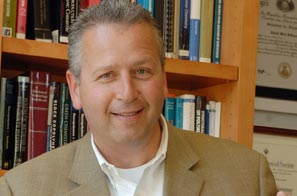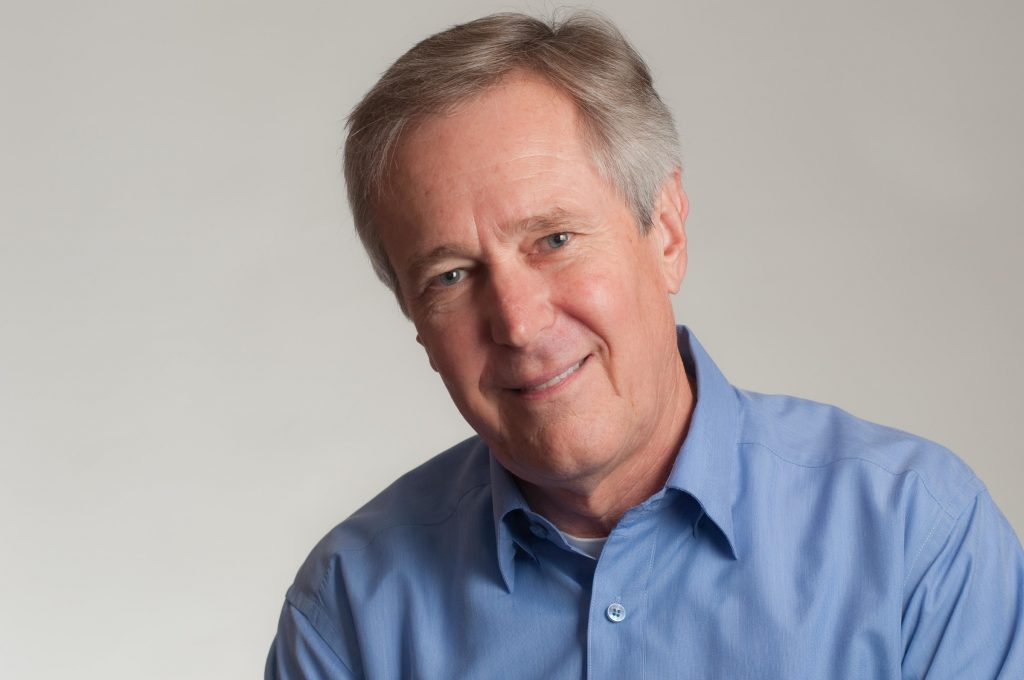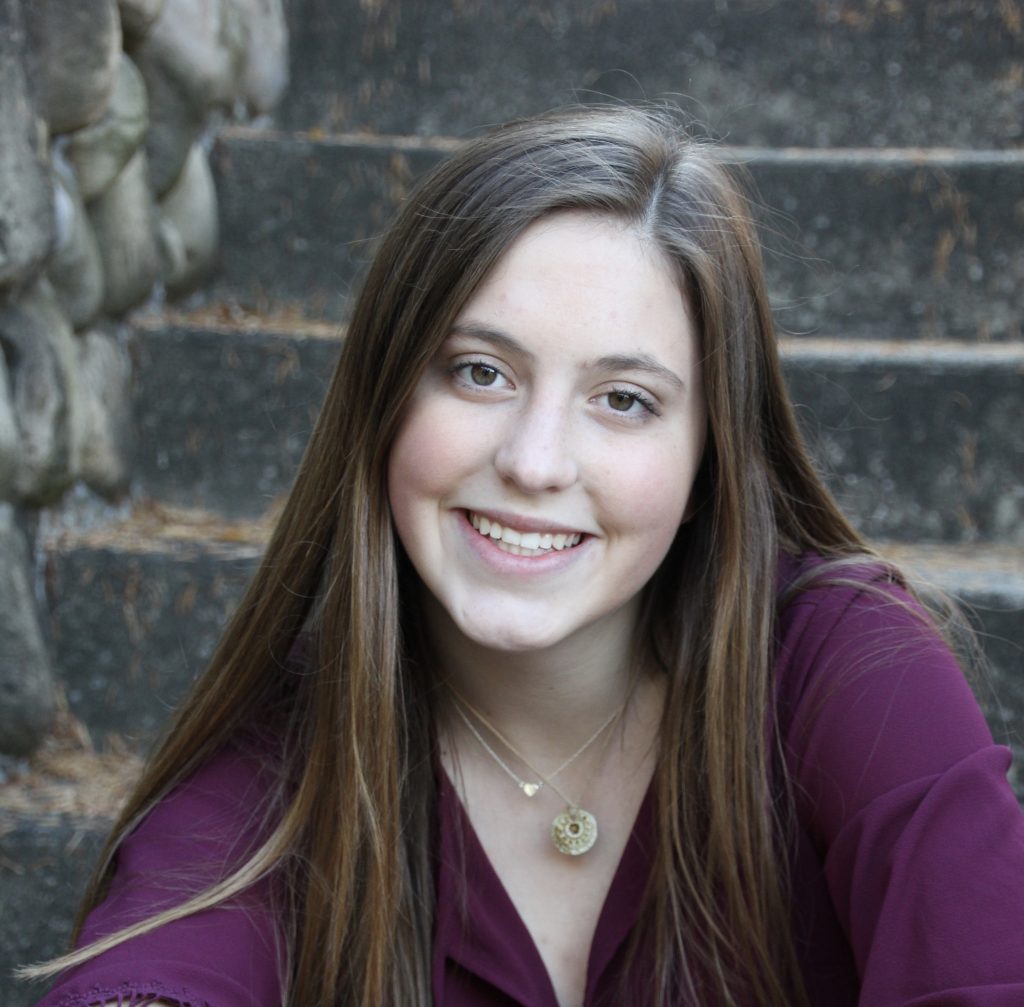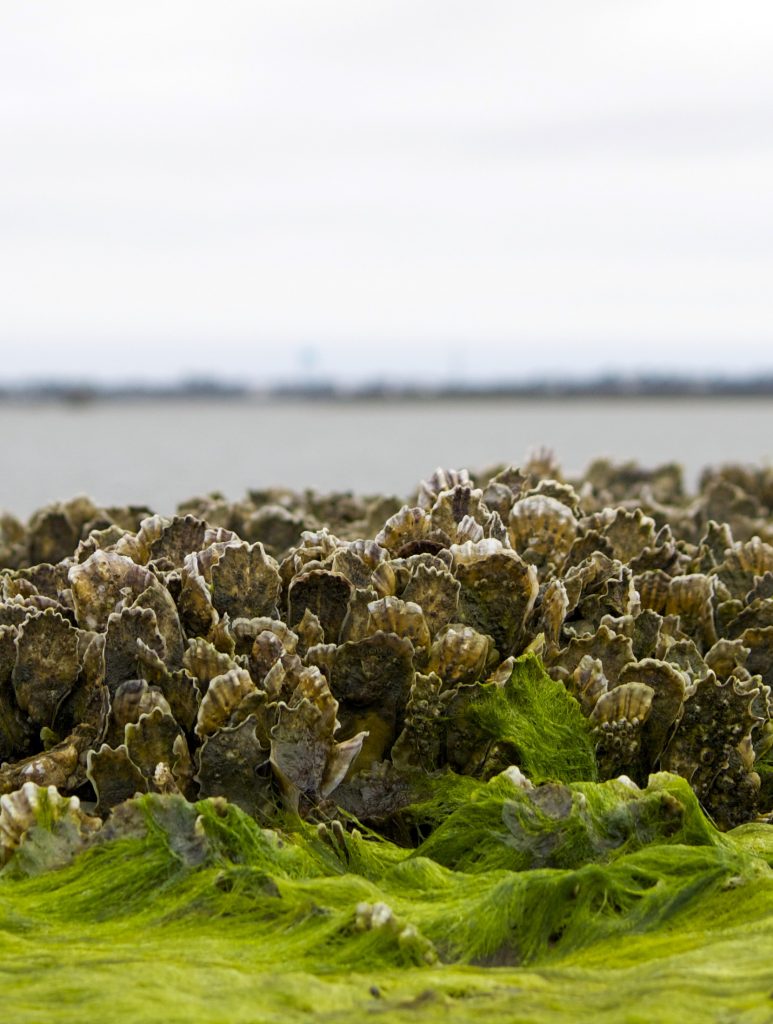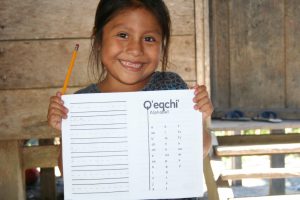
In his own words, UNC chemist Brian Hogan calls himself a “crazy scientist who wanted to build a school in Guatemala.”
This is a story of how one man with an idea really can change the world. It’s also a story about how Carolina is helping him to do just that.
It all started in 2006 with a beautiful, spunky, 5-month-old baby girl named Lexi. Brian and his wife Kelly, a UNC biologist, decided to adopt a daughter from Guatemala — a little sister for their son, Jake.
In June of that year, Brian and Kelly flew to Guatemala City to pick up the new addition to their family.
“I knew I was going to see some poverty, but I was not prepared for what I saw,” Brian recalled. “When we landed, and I saw shanty towns on the hillside, it was shocking.” He calls their brief time in Guatemala a very “gringo” experience; he and Kelly stayed in a nice, comfortable hotel.
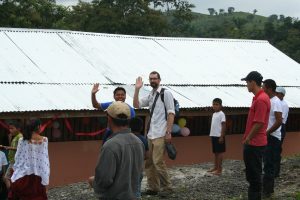
But after Brian returned home, he just couldn’t get the images of poverty out of his mind. The couple got involved with a local nonprofit, Guatemalan Student Support Group (GSSG), that brings high-school-age Guatemalan students to the Triangle area to study at local schools. The Hogans provided support to a student named Byron at St. Thomas More School in Chapel Hill. Today Brian serves on the board of the student support organization. He also serves as academic director of the Scholars’ Latino Initiative, a program of UNC’s Center for Global Initiatives that works to improve access to higher education for Latino high school students.
Still, Brian longed to do more to help Lexi’s country. And that’s where UNC stepped in, specifically the Institute for the Arts and Humanities in the College of Arts and Sciences. In spring 2011, Brian was awarded a Chapman Family Fellowship, a $10,000 award that recognizes outstanding teaching of undergraduates. Through his connection to GSSG, Brian decided to visit the remote rural village of Nueva Esperanza, located in the indigenous Izabal region not far from where Belize and Honduras meet.
About 1,000 people live in Nueva Esperanza, where there is no clean water, no electricity, and 90 percent of the population speaks the native language, Q’eqchi. The illiteracy rate is very high.
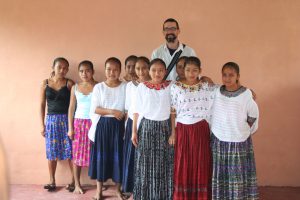
With the Chapman Fellowship, Brian brought a collection of unbound, stapled books translated into English, Spanish and Q’eqchi, and he took them to the village whose name translated into English means “new hope.”
“One of the girls walked three hours for a book and a pencil,” Brian said. “I gave her two.”
And then the village elders came to him with a very special request. They wanted a new school to replace the existing, 40-year-old concrete school, which was collapsing.
“It seemed like such an astronomical task. How am I going to build a building in the middle of nowhere?” said Brian. “There were some lean financial times in my childhood, but education gave me everything I have. If I’m going to espouse how important education is, then I better put my money where my mouth is.” (Both he and Kelly received their Ph.D.’s from Carolina.)
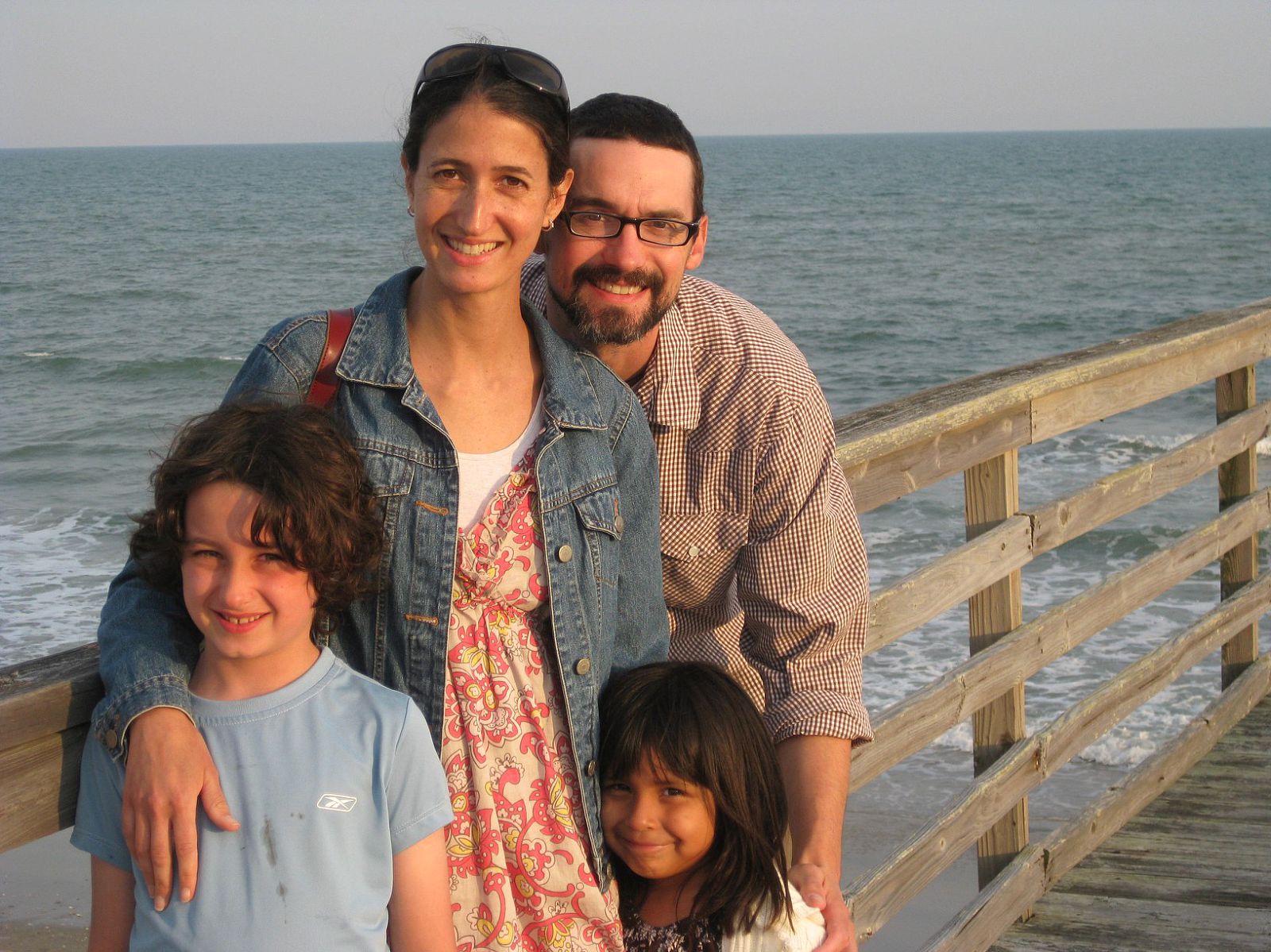
In the meantime, Byron, the GSSG student that Brian and Kelly mentored, graduated from high school and moved back to Guatemala. He become a key, on-the-ground liaison in helping Brian (who used Chapman money for the project) to build a new school for the village.
The school was dedicated on Jan. 7 of this year.
“The goal of the Chapman Fellowship is to transform the person,” said Kelly, who also received a Chapman award in spring 2012. “And the people of Nueva Esperanza got into his head and his heart so fast.”
But the UNC connection doesn’t stop there. Brian decided he wanted to form a nonprofit organization to support indigenous villages in Guatemala. He ran his proposal by chemistry colleague Joseph DeSimone, an established entrepreneur. DeSimone connected Brian with University Entrepreneur-in-Residence Buck Goldstein. A five-member team of students in Goldstein’s First Year Seminar on entrepreneurship are acting as consultants to the project.
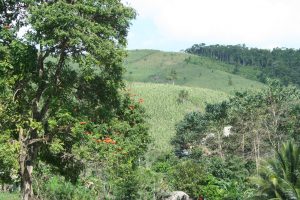
Kat Summerton, a first-year student from Colorado, is a member of the team that has already created an official student organization, A Little Bit of Promise. She and team members Lily Rolader, David Ortiz, Jenny Sun and Felicia Zbarcea are working this semester on setting up a 501 (c) (3) nonprofit. They’ll be creating a logo, a Web site, determining how best to raise money — and, most importantly, working on making the organization sustainable in the long term.
“Dr. Hogan teaches here, and he loves it. He has his life here, but he’s so excited all the time about the work he’s doing in Guatemala,” Summerton said. “It’s cool that we can provide the other side and give him the support and structure he needs.”
Summerton said providing Nueva Esperanza with potable water is a critical part of keeping girls in school, a mission of the new organization.
“The average distance that women and children have to walk every day to get water is 2 km. And so it’s really hard to have time to go to school when you have to spend time getting water and supporting your family,” she said. “And increasing literacy will help with poverty and long-term progress for the village.”
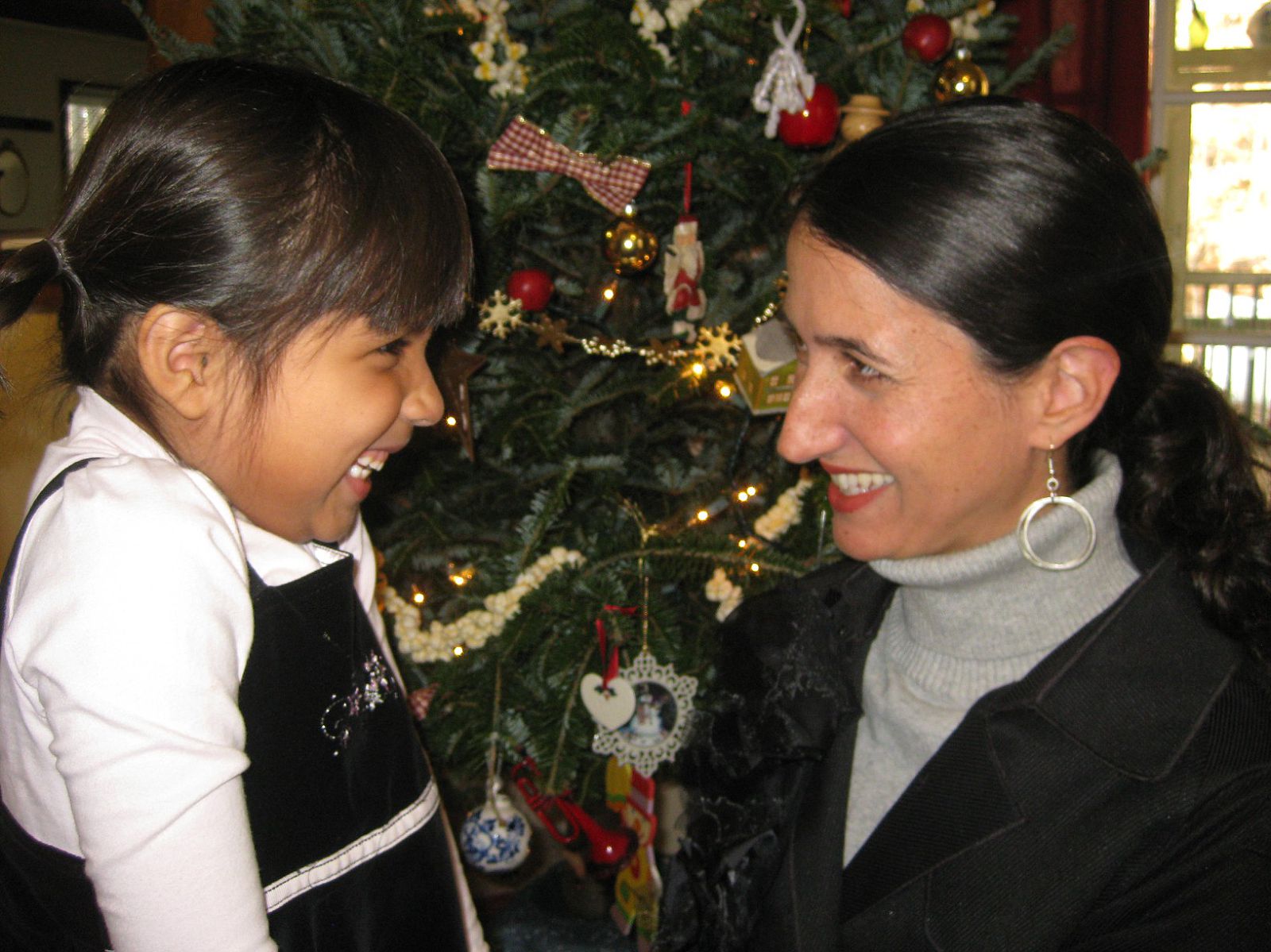
On that front, Brian just received a $4,000 grant from the UNC Center for Global Initiatives to develop a course on water chemistry and poverty in Guatemala called “Water: Properties, pollution, potability and poverty.” Beginning in fall 2012, UNC will commit to a two-year academic theme centered around water.
One might say this Tar Heel-helps-Guatemala story has a happy ending. But really it’s just the beginning. The village elders have already submitted more requests: a solar panel, computers, more books. A neighboring village has asked for a medical clinic.
Brian refuses to get discouraged. Since that very first trip to bring Lexi home, he has been to Guatemala about five times.
“Today every problem that comes across my desk is a first-world problem. I have clean drinking water and Internet access,” he said. “Every time I go to Guatemala and look into the dark brown eyes of those girls, I see my daughter.”
“It inspires me to keep pushing forward.”
[ Story by Kim Weaver Spurr ’88; photos courtesy of Brian and Kelly Hogan. ]

